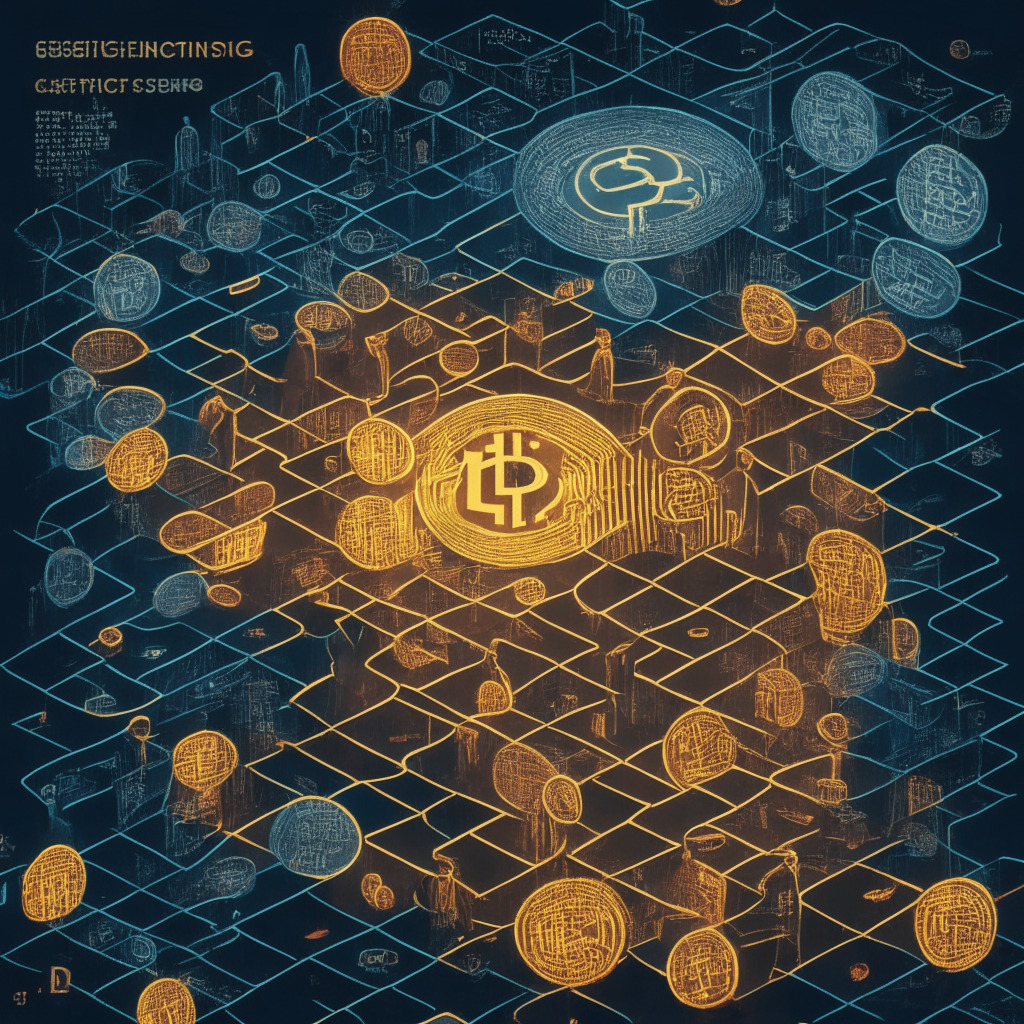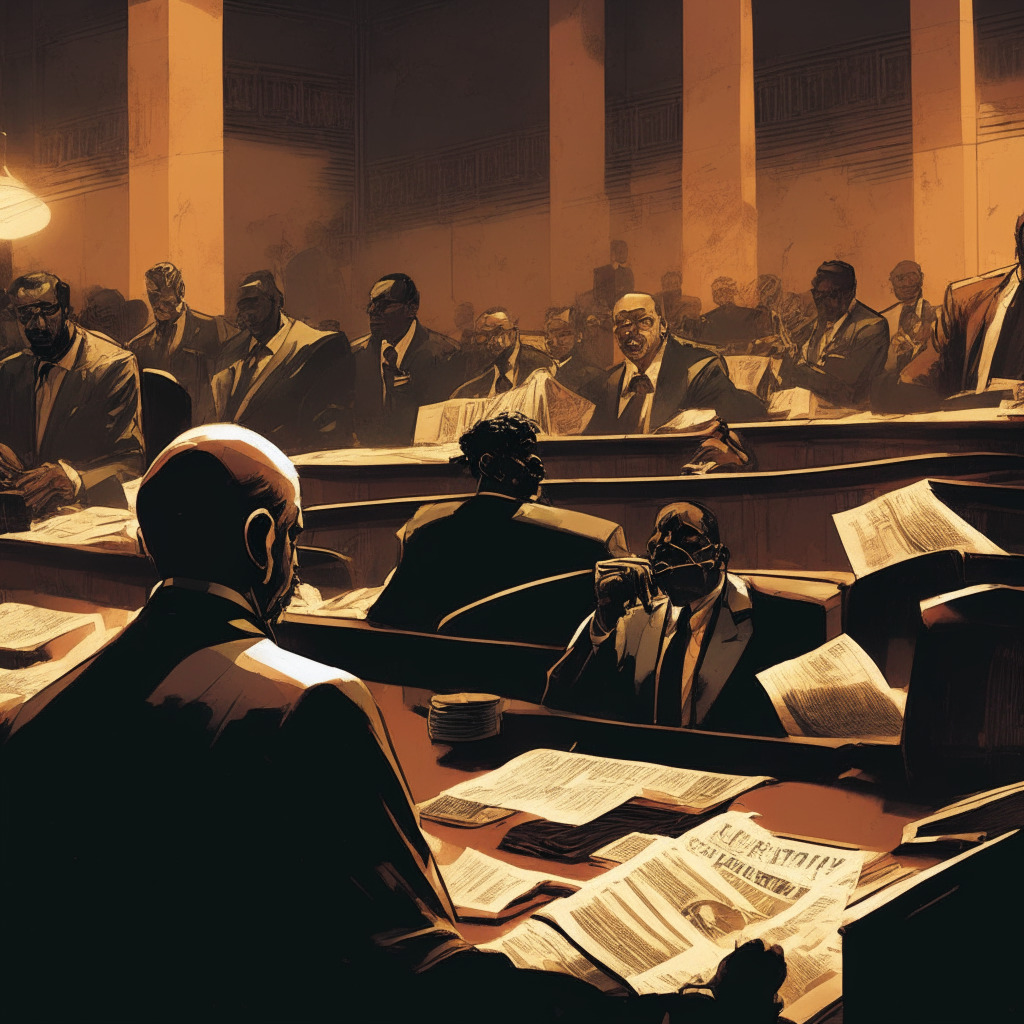The ongoing lawsuit as the U.S. Securities and Exchange Commission (SEC) v. Ripple has seen its fair share of twists and turns. In what can only be described as a legal game of musical chairs, three attorneys, Pascale Guerrier, Richard Best and Robert MacDonald Moye, who have been representing the SEC, have withdrawn from the case – an event that adds a fascinating new layer to the ongoing legal drama. On the flip side, both parties have beefed up their legal rosters, with the Ripple side adding attorney Michael A. Schulman to the defense team of CEO Brad Garlinghouse.
However, amidst the shifting climate, certain questions persist. With new attorneys onboard and old hands departing, what will the impact be on the progression of the SEC v. Ripple trial? The addition of fresh perspectives can often lead to novel approaches and potentially shift the balance of the case, but the loss of existing attorneys, familiar with the intricacies of the issue, may also pose challenges for the SEC.
Further compounding the suspense of the unfolding trial, the permission for the withdrawal of Robert MacDonald Moye from the trial remains undecided, hanging in the balance awaiting a verdict from Judge Analisa Torres. The stakes are high – and this shuffle of key legal cast members only adds a layer of complexity to the narrative.
Simultaneously, within the realm of the cryptocurrency world, a subplot is evolving – Nigerian crypto exchange Patricia has launched its own native token named Patricia token (PTK). While such developments can generate excitement within the blockchain community, this particular unveiling has been met with more skepticism than applause.
This new token launch comes after a security breach within the company in May 2023, and this timing has sparked speculation about a potential exit scam. The company, however, reports that customers’ funds were not affected by the security breach. Subsequent difficulties in accessing their funds only served to fuel cryptocurrency community’s anxieties.
Patricia intends to transition its exchange operations to the Patricia Plus app and intends to replace customers’ existing bitcoin and naira balances with the newly introduced PTK – a move they plan to undertake without seeking customer consent. The potential repercussions of this decision primarily lie on the ability of customers to exchange PTK for other cryptocurrencies or fiat currency. In a worst-case scenario, PTK could lose its peg to the dollar due to a surge of withdrawals, leading to losses for token holders who cannot exit in time.
Both the SEC v. Ripple case and Patricia’s token launch underscore inherent uncertainties within the crypto regulation world. The dynamic scripts of both instances play out as high-stake dramas – where the magnitude of outcomes carries far-reaching effects that may impact the perception, acceptance, and confidence in the blockchain technology.
Source: Cointelegraph




